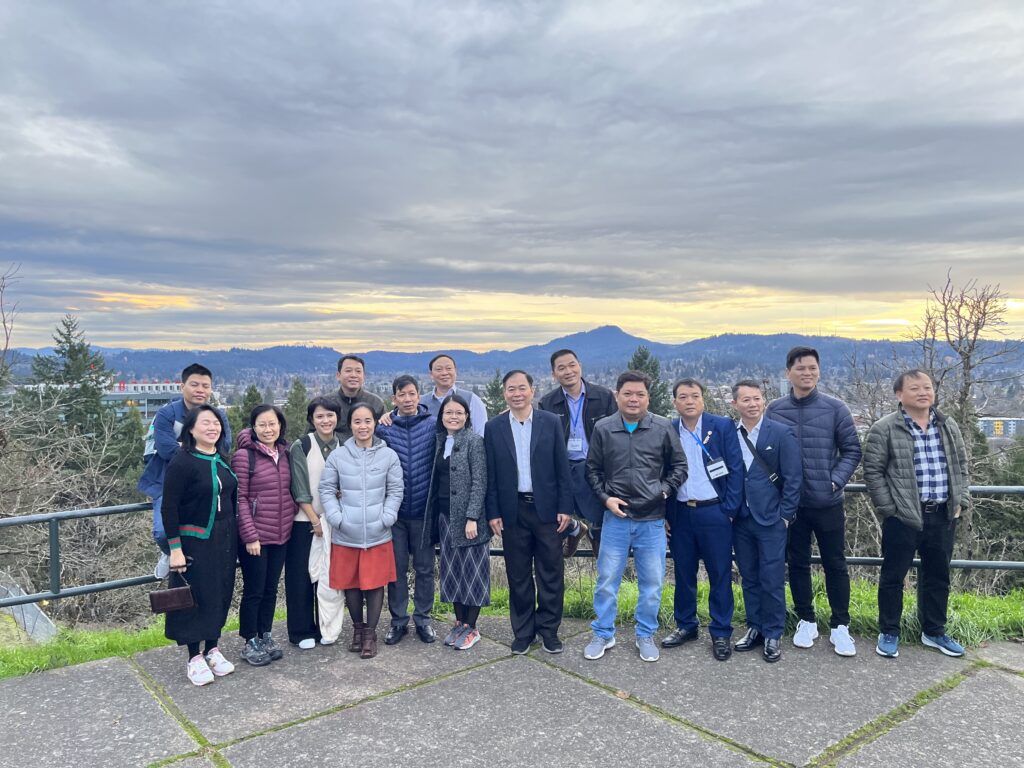MIUSA’s recent project mobilized disabled women leaders for inclusive responses to gender-based violence during the COVID pandemic.
The 12-month project, Mobilizing Disabled Women Leaders for Inclusive Responses to Gender-Based Violence (GBV) during the COVID-19 Pandemic, was led by local partners in six countries: Brazil, Haiti, Nigeria, Mongolia, Sierra Leone, and Sri Lanka. The project aimed to mobilize disabled women as leading experts and build new partnerships with civil society and government actors who are working to address gender based violence in their local communities.
Working through our local partners, we conducted rapid assessments, convened country stakeholder consultations, and developed country-specific action plans designed to meet the needs of each local context. Action plans were implemented and led by disabled women leaders who represented each local partner organization.
Some of the key activities of their action plans included:
- In Nigeria, new guidelines developed on inclusive GBV and COVID response and creation of a GBV monitoring and advocacy network to coordinate community action.
- In Mongolia, a handbook to address inclusion of women with all types of disabilities in the work of organizations working on gender-related issues, including GBV.
- In Haiti, a media campaign disseminated through social media and delivery of virtual and in-person trainings with key community stakeholders.
- In Sierra Leone, a series of trainings with stakeholders from the disability community and agencies working on GBV and creation of a new GBV advocacy committee.
- In Sri Lanka, a mobile app for women with disabilities to share information and referral resources on gender-based violence, a system created through which women with disabilities could request a “buddy” to assist in emergency situations, and a Training of Trainers program, which brought critical information to the local grassroots level.
- In Brazil, a series of virtual trainings bringing together stakeholders and creation of a new action network for a coordinating responses on GBV and disability.
In addition, MIUSA hosted a series of Community of Practice webinars, which were opportunities for our local partners to share amongst themselves, as well as build partnerships with non-disability organizations that are working to address GBV issues globally.
Throughout the project, MIUSA and our local partners also documented and disseminated strategies and lessons learned through production of local videos in all six countries, as well as a global video produced in multiple languages and accessible formats.
This project provided a unique opportunity for disabled women to be seen as leaders in their communities. By supporting women with disabilities to spearhead initiatives in their countries, the project enhanced their capacity and status as respected leaders in their communities.
Our partner in Sierra Leone shared the impact on her organization:
“WoDYEO as an organization has been recognized with strong respect in the communities where we are working because of the tangible actions and activities done within this project, such as the training, linking the community with relevant stakeholders on GBV issues, and most importantly, the committee set up which gives constant visibility of WoDYEO. This has created a long lasting working relationships in these communities and beyond.”
Our partner in Haiti reflected on the impact for her organization:
“This project was an opportunity for our organization to make itself useful in such a fragile context where women with disabilities had become more and more vulnerable with very little capacity for action. The experience allowed our organization to regain the trust of donors and become more dynamic in the field.”
Our local partner from Mongolia, shared her insight and advice for development organizations who want to work more with disabled women:
“When you are looking at projects for GBV, bring in women with disabilities from the get‑go to help to build trust. There is a lot of struggling that people deal with, and sometimes when they don’t see themselves in those projects over and over again, it can be hard for them to break those barriers and feel comfortable being part of, and having a voice in that discussion. Building trust over time, and bringing them in will help to give them more confidence to take the steps out of a difficult situation and help to give ideas for resources that they may have.”
Partnerships developed through the project have led to long-term connections and relationships that will be sustainable beyond the current pandemic and will lead to more inclusive responses during future crises.
Thank you to our wonderful local partners!
Associação Amigos Metroviários dos Excepcionais (AME) in Brazil
Filles à Besoins Spéciaux pour la Réforme (FIBESR) in Haiti
Culture Center for the Deaf in Mongolia
Family Centered Initiative for Challenged Persons (FACICP) in Nigeria
Women with Disabilities Yearning for Equal Opportunities (WoDYEO) in Sierra Leone
Employer’s Federation of Ceylon (EFC) in Sri Lanka
As a non-profit organization, the mission of MIUSA is to empower people with disabilities around the world to achieve their human rights through international exchange and international development. Since 1981, MIUSA has offered international exchange programs for over 2,300 youth, adults and professionals with and without disabilities from more than 135 countries.




